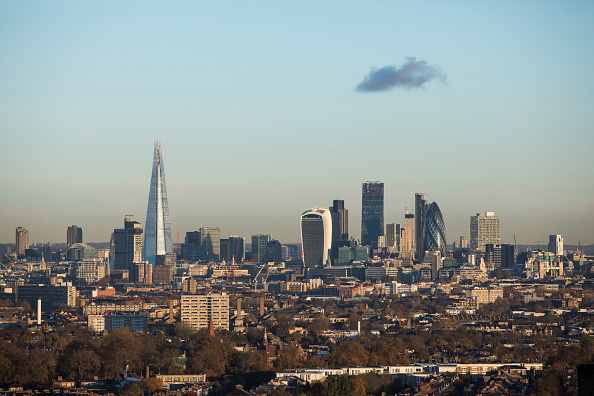Today’s youngsters have more reason than most to complain

There are few generations who do not think their ancestors had it better; similarly few who think the next have it harder. Those under 35 or so, born in Britain, may have a more reasonable case than most.
Many of them left school or graduated into the teeth of a global financial crisis, from which real wages have never really recovered. The vote to leave the European Union – or more accurately the inane political wrangling that followed it – further set back that economic recovery. They then saw any further advancement knocked back by the Covid-19 pandemic, with working from home diktats widely considered to have hit youngsters and those new in the workplace hardest. The tax burden now sits at seventy year highs.
Two pieces of news yesterday fit neatly onto that list of woe. The first was the no longer even that shocking news that the average house ‘earned’ as much as your average early twentysomething last year, putting the dream of home ownership without helpful parents further away for many.
And the second was that due to a quirk in the way interest rates are calculated on student loans, the rate on outstanding balances for certain graduates will hit an eye-watering 12 per cent for a few months later this year. By reminder, the Bank’s interest rate still sits below one per cent.
If all of this sounds like the usual complaints of the next generation, it’s worth considering what the implications could be. For the capital, a raft of youngsters may well decide that a tax rate of near on fifty per cent and unaffordable housing stock makes other cities and nations a more appealing prospect.
The Chancellor reportedly considered resigning as a result of his rather light brush with the law over partygate. Since he’s stuck around, he should start on his legacy: making work pay for the next generation, and securing the talent Britain desperately needs to power growth.
